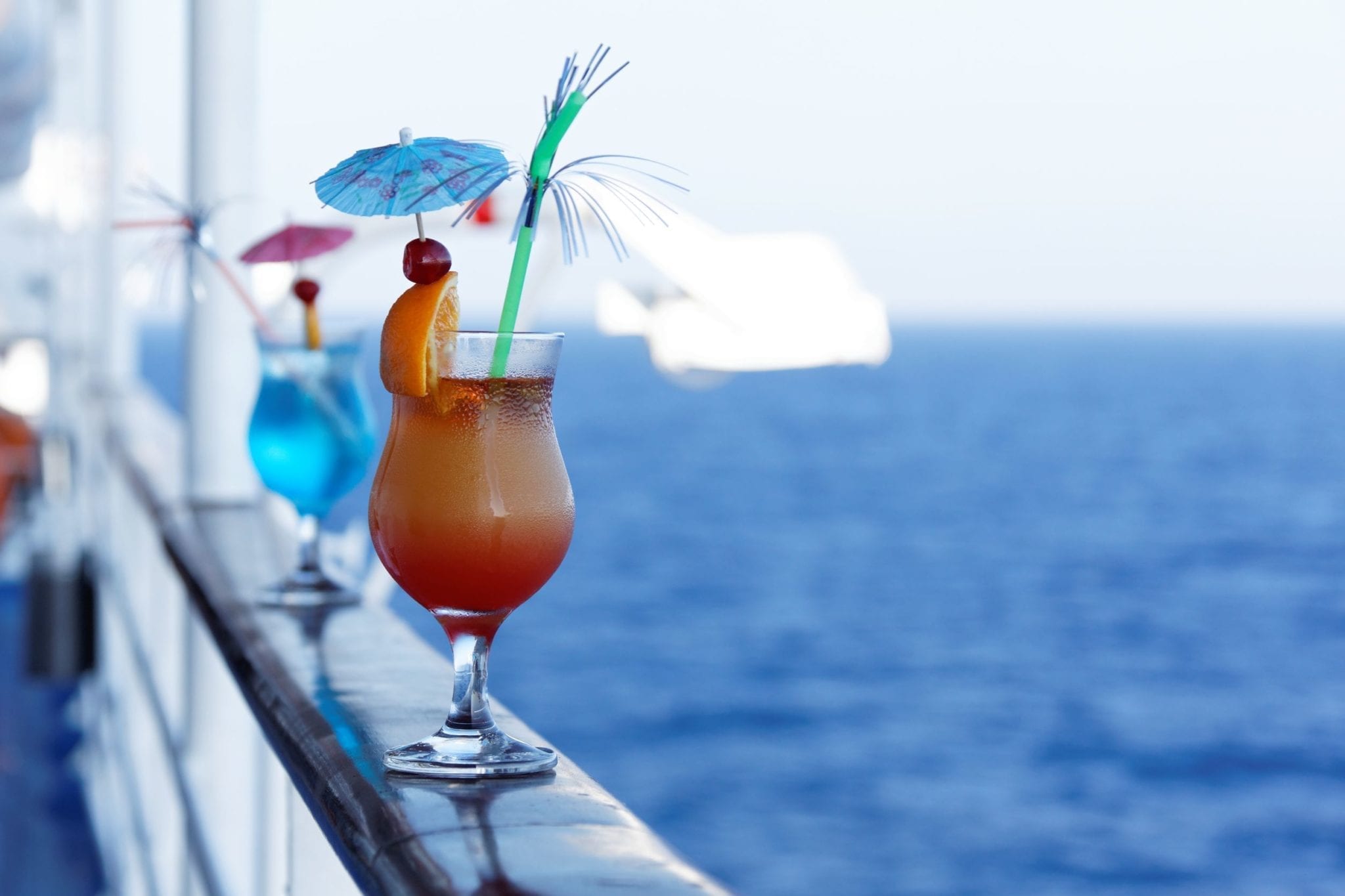The cruise industry has come a long way over the last few years, making technological advances, improving safety measures, and introducing new amenities. But—like all of us—they still have plenty of room for improvements.
Here are some resolutions cruise lines should consider making for 2015 to improve passenger health, safety, and satisfaction.
Hire lifeguards. There have been numerous instances of drownings and near drownings aboard major cruise ships, but many cruise lines still don’t hire lifeguards to supervise their pools. Cruise ships carry thousands of children each year and should have a responsibility to provide reasonable protection with respect to their attractions to their young passengers. In order to prevent future tragedies and wrongful deaths, cruise lines should resolve to bring trained and certified lifeguards aboard for every single pool on all of their ships.
Stop over-serving. It’s high time for the cruise industry to kick its alcohol problem. Cruise ships offering all-you-can-drink packages encourage excessive drinking, allowing drunken passengers to endanger themselves and those around them. Sexual assault is not uncommon, with the rate of reported incidents on cruise ships around 50% higher than on land. By resolving to take measures to prevent over-consumption, cruise lines can reduce the health and safety risks of their passengers in 2015.

Improve medical care. Though there may be doctors aboard cruise ships, many do not have the training or resources to provide emergency medical care. More often than not, cruise ship medical facilities are also unable to accommodate people recovering from a recent surgery or requiring strict medical management or medication. To protect their passengers in the event of an emergency and make cruises accessible to all, cruise lines should improve their medical care services.
Steer clear of dangerous ports. Many cruise lines stop off at dangerous ports with histories of crime and violence. Cruise ships should steer clear of such ports altogether, or provide their passengers information and warnings about known risks.
Improve conditions for employees. Some popular cruise lines are able to go around many U.S. labor laws because they are registered in other countries. It’s not uncommon for cruise line workers—who often hail from developing countries—to work long hours for little pay without seeing their families for years at a time. The cruise industry should have a responsibility to treat workers and passengers alike with dignity and respect and resolve to provide better conditions aboard.
Go green. Ships can create a lot of waste, including engine emissions and black-water. To prevent the spread of disease and keep our oceans clean, ships should take measures to improve waste emission systems.
Offer free Wi-Fi. It’s 2015, after all. But while it seems like nearly every coffee shop, hotel, and fast food joint offers free Wi-Fi, cruise ships continue to charge their passengers an arm and a leg for slow, dial-up connections. Even technologically advanced ships like Quantum of the Seas charge by the week for their high-speed internet.
Any decent cruise line prioritizes the interests, safety, and wellbeing of their guests and employees. But no cruise line is perfect, and there are plenty of improvements the industry needs to make in the upcoming year if they want to reduce accidents and disasters while enhancing passenger experience overall.
If you have been injured due to negligence, carelessness, or unsafe conditions on a cruise, contact an experience cruise accident attorney. With a knowledgeable lawyer, you can hold cruise lines financially responsible for your loss and encourage them to make changes to prevent similar accidents in the future.
About the Author:
Andrew Winston is a partner at the personal injury law firm of The Law Office of Andrew Winston. He has been recognized for excellence in the representation of injured clients by admission to the Million Dollar Advocates Forum, is AV Rated by the Martindale-Hubbell Law Directory, and was recently voted by his peers as a Florida “SuperLawyer”—an honor reserved for the top 5% of lawyers in the state—and to Florida Trend’s “Legal Elite.”







